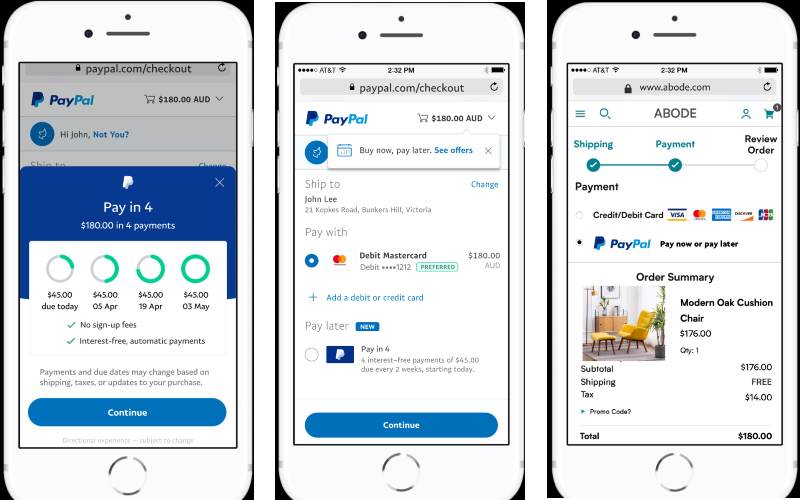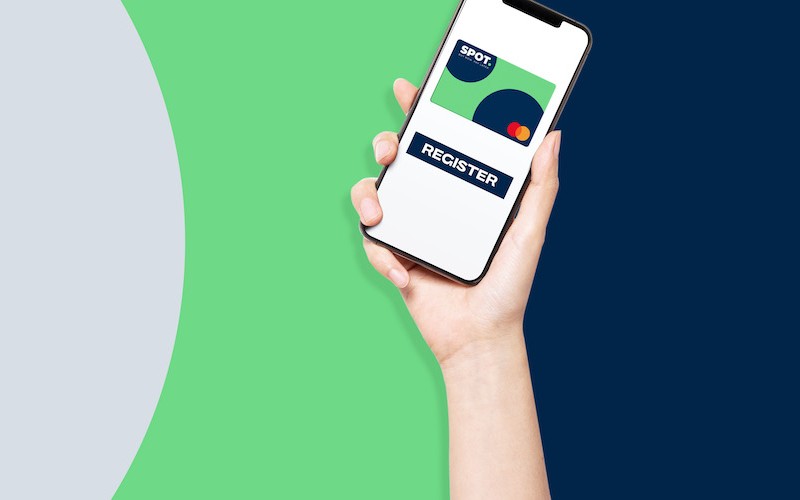Nearly one in three Australians are experiencing psychological stress directly related to BNPL debt, according to 1,000 Australians surveyed by fintech firm Waave.
"When you split purchases into four instalments, it’s easy,” Waave CEO and co-founder Ben Zyl told Savings.com.au.
“But then you start getting text messages saying funds will be coming out of your bank account tomorrow.
“That stress can be quite real, particularly when you look at your bank account and maybe you don’t have that money in there.”
Millennials appear to be the cohort most worried about their BNPL obligations, with 46% stressed over the debt compared to just 13% of Baby Boomers.
Despite that, three quarters of Millennials trust the instalment-based payment method, to which Aussies are increasingly turning to pay for food, fuel, and bills amid the cost-of-living crisis.
That’s according to Financial Counselling Australia. It surveyed more than 500 financial counsellors, 95% of whom said their clients were worse off due to BNPL debt.
“The ease of accessing BNPL loans, combined with mounting cost-of-living pressures has meant more people are resorting to it just to get by,” Financial Counselling Australia CEO Fiona Guthrie said.
Of the surveyed financial councillors, 71% said clients commonly use BNPL to pay for food, 41% said clients use the payment method to buy fuel, and 32% said clients have turned to BNPL providers to cover utility bills.
“I think we should talk about ‘need’,” Mr Zyl said.
“Sometimes we just don’t have access to cash and BNPL does give us a faster way to smooth out bills."
Waave has seen consumers with as many as six BNPL products, “going from one to the next” and “using it as credit”, he said.
“We want to bring to light the fact that people are confused, they like the convenience but don’t think about the consequences.”
The form of debt saw a boom in popularity in the latter half of the 2010s with the rise of Afterpay and Klarna.
It has also opened a can of worms for regulators.
Earlier this year the Federal Government declared the sector would be regulated under amendments to the Credit Act despite many BNPL products technically not charging interest – a loophole they’d previously operated within.
Ms Guthrie is calling for such amendments to force providers to perform income verification and appropriate credit checks, at a minimum.
“BNPL was never intended as a way to pay for everyday living expenses,” Ms Guthrie said.
“With BNPL so hard to keep track of, debts can very easily snowball, leading far more people to seek financial counselling.”
Advertisement
Need somewhere to store cash and earn interest? The table below features savings accounts with some of the highest interest rates on the market.
Image by Becca McHaffie on Unsplash







 Brooke Cooper
Brooke Cooper
 Hanan Dervisevic
Hanan Dervisevic
 Jacob Cocciolone
Jacob Cocciolone
 Emma Duffy
Emma Duffy
 Harrison Astbury
Harrison Astbury

